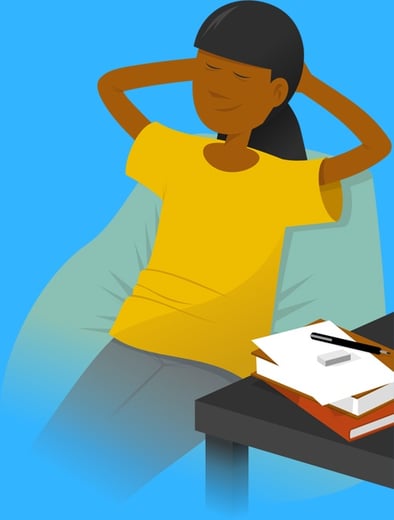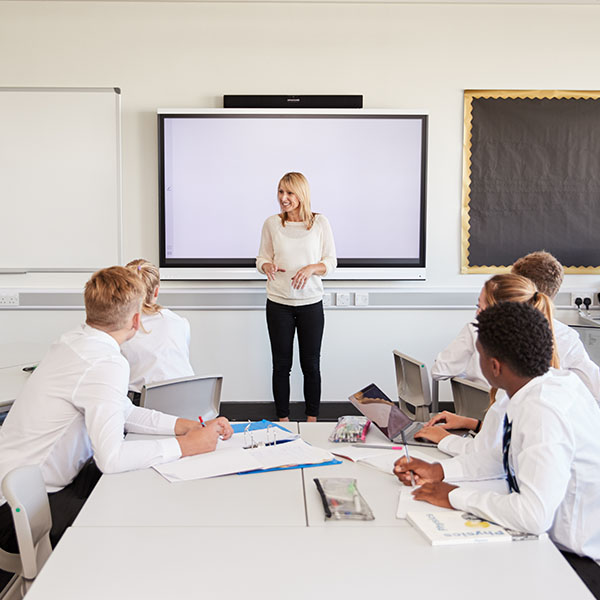It can be easy to rush through life and not enjoy the moment, but we can improve this by being more mindful. Increasing our self-awareness and being more present in our own environment improves our psychological well-being. So, what is mindfulness? How can it benefit us? Does it actually work? This blog will show you the pros and cons of this exciting new intervention.
What is Mindfulness?
Mindfulness is the art of reconnecting our bodies with the feelings and sensations it experiences. If we can live in the moment, we can start to truthfully understand what is going on inside our minds and outside our body.
According to the NHS, mindfulness has the ability to let us tap into our thoughts and feelings we might experience. It can even allow us to identify helpful and unhelpful beliefs, which we explore in our blog.
Mindfulness helps us to gain perspective. It allows us to understand our thoughts and feelings in a way that trains us to figure out their patterns and subsequent behaviours. In doing this, we can then accept that our thinking biases are really just events that happen in our brain and shouldn’t control our actions.
What Does the Research Say?
Research has shown that mindfulness encourages self-regulatory behaviours and allows users to experience more positive mood states by tackling and suppressing negative thought patterns.
By training our brain, mindfulness helps us to deal with things in our lives that we find hard to let go of. Ask yourself “am I becoming tangled up in my own thoughts?” or “can I deal with the situation in a better way?”. We explore this concept more in our metacognition strategies blog.
In a study of 593 participants, mindfulness was found to help reduce the risk of depressive behaviour by up to 34%. In a follow-up test the reduction rate was increased to 43% when participants had participated in mindfulness more than twice.

In a separate study of 155 people, 74% of the mindfulness users said they would use it again in their everyday routine. This can show how when it’s done well, people enjoy it and benefit from it. So, can it be used in schools?
An ongoing study has shown promising signs to suggest, when delivered correctly, mindfulness in schools can be a cost effective way of improving mental health, well-being and social-emotional behavioural functioning.
A Word of Caution
We need to be careful about the way in which we address the benefits of this useful intervention. This is particularly evident in teenagers, as research suggests that some students may be too cynical to embrace mindfulness, thus reducing its potential effectiveness.
Others worry that mindfulness may be moving too far away from its origins and it is often misunderstood. This has led to many labelling its current form as McMindfulness. Essentially, what started out as a good concept has been morphed and misused into something that may not offer genuine benefits.
The NHS state that whilst mindfulness provides promising evidence for its benefits in health, education, prison rehabilitation and workplace interventions, it is important to understand that research is nevertheless ongoing.
Mindfulness for Young People – Some Practical Tips
1 – BUILD – build relationships with the people around you like your friends, family and team-mates. Often talking to someone about your problems can take the weight off of your shoulders and allow someone to give feedback that might change your perspective. See our blog on building a team around you.
2 – BE ACTIVE – by staying active you can release any stress that may have accumulated over the day at school, college or university. Exercise is a great way to wind down and regain control. Let your body do the work for you. See our blog on the benefits of exercising.
3 – LEARN - Keep learning and aiming to achieve new things. By gaining more knowledge and adapting your skills, you can help yourself by developing your own coping strategies to make you more resilient.
4 – KEEP A DIARY – write down your thoughts and feelings. Spend some time understanding those experiences. By making sense of your cognitions you will be able to reflect on your past and constantly improve. Here are 6 reasons to keep a diary.
If you are interested in learning about other helpful thought strategies, take a look at our guide on How to Improve Metacognition.







